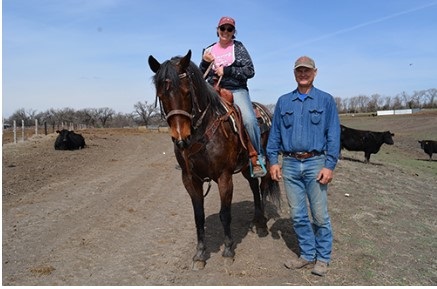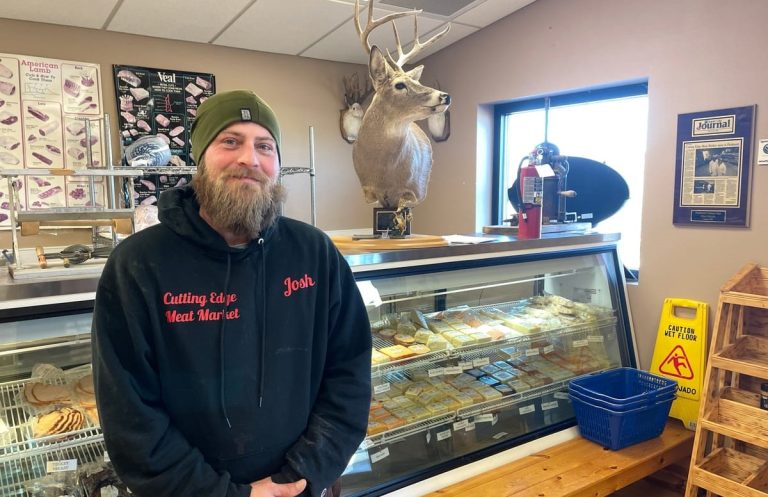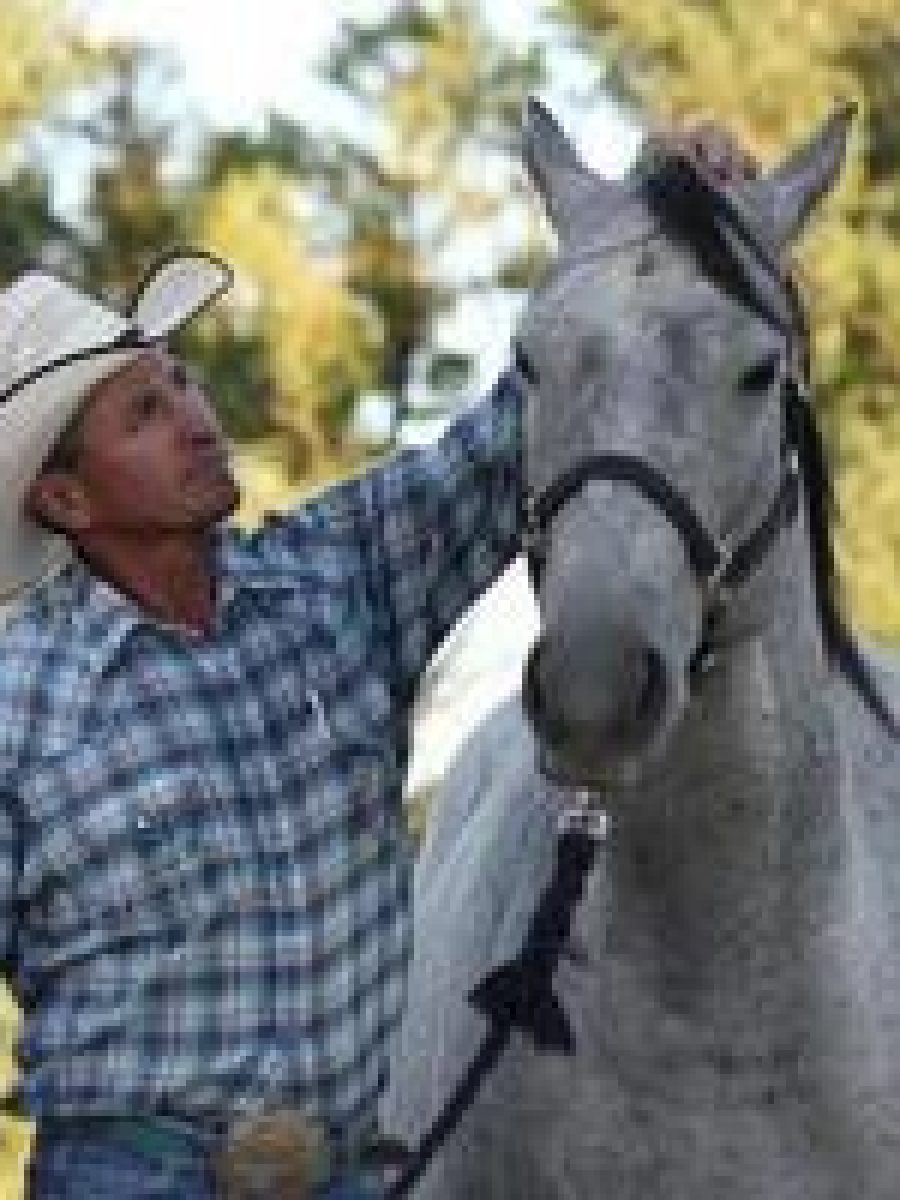WASHINGTON, DC – The U.S. Senate on Tuesday voted 92-7 to confirm former Iowa Gov. Tom Vilsack as secretary of the U.S. Department of Agriculture.
Vilsack is returning to the department after leading the USDA under the Obama administration for eight years. He also served as governor of Iowa from 1999 to 2007.
Not all members of the Senate’s Democratic caucus supported the appointment. Sen. Bernie Sanders of Vermont voted against Vilsack’s confirmation, saying he has concerns about some of the nominee’s policies.
Vilsack, a former two-term Iowa governor, served as Ag Secretary for all eight years of the Obama Administration. Since the end of the Obama administration, Vilsack has been leading the U.S. Dairy Export Council, a trade group that advocates for the dairy industry overseas.
Sen. Charles Grassley, R-Iowa, told reporters he liked the idea of Biden picking Vilsack to return to the job. “I like what Vilsack did as secretary of Agriculture for eight years, and if he was in for another four years, it would be OK with me,” Grassley said to reporters.
Vilsack’s return to the helm of the $150 billion-a-year agency after four years out of government comes at a time when U.S. farmers and ranchers face rapid consolidation within the industry, low commodity prices, diminished trade and a continuous decline in rural population, jobs and opportunities.
American Farm Bureau President Zippy Duvall said, “The American Farm Bureau Federation welcomes the news. Tom Vilsack’s leadership as the 30th Secretary of Agriculture and as Governor of a state reliant on agriculture is evidence of his qualification to serve in this role.
“He understands that the agriculture sector is far more complex than most people understand. He believes in a ‘big tent’ philosophy that supports all types of production and understands the importance of respecting farmers and ranchers as partners worthy of support in the race to achieve sustainability goals. Tom earned a reputation for rising above partisanship to serve farmers and ranchers and I’m confident he’ll continue to do so.”
He has the unique skill set to be able to hit the ground running on day one, according to National Cattlemen’s Beef Association CEO Colin Woodall. “Secretary Vilsack knows the issues facing America’s cattle producers and can utilize his extensive experience for the betterment of producers.”
Among the more guarded comments prior to Vilsack’s confirmation have come from the National Farmers Union. NFU President Rob Larew noted, “Between pandemic recovery, the imminent threat of climate change, rampant corporate power, and chronic overproduction, family farmers and ranchers have significant challenges ahead of them in the next several years – and they need a strong Secretary of Agriculture behind them to make it through in one piece.”
While characterizing Vilsack as having the necessary qualifications and experience, Larew said that Vilsack will need to enforce rules that protect farmers and ranchers from anticompetitive practices, enact meaningful structural reforms that balance supply with demand, restore competition to agricultural markets, strengthen local and regional food systems, and advance racial equity in agriculture.
Vilsack will also have to decide whether to continue paying farmers to make up for losses created by Trump administration trade wars. Under Trump, the USDA has doled out unprecedented sums of money to farmers and ranchers for coronavirus relief and trade aid, including a record $28 billion in 2018-2019 and $37 billion in 2020.
With Covid-19 cases rising across the country, the Biden administration will face pressure to avoid another breakdown of the food system. Food bank organizers across the country continue to report record numbers of Americans using their services as high unemployment continues to impact some regions of the country.
With yesterday’s confirmation, Vilsack becomes the second-longest-serving agriculture secretary after James Wilson, another Iowan, who served in that role from 1897-1913.
A Look Back
As secretary, Vilsack worked extensively on agricultural trade issues and was an advocate for the Trans-Pacific Partnership. USDA under Vilsack ended up implementing two farm bills. He also pushed the federal government to invest in bio-based products, including work to switch military fuels to renewable fuels. His tenure as ag secretary was also during a period of record farm income and record export numbers.
When Vilsack left USDA in January 2017, he wrote an “exit memo” for incoming Agriculture Secretary Sonny Perdue. The memo touched on everything from rural development to global food security to rural substance abuse. The memo also highlighted actions were needed to ensure affordable credit for farmers.
Vilsack also advocated for Congress to lift restrictions on the Agriculture secretary’s use of the Commodity Credit Corp., (CCC) which Congress did shortly after Perdue was confirmed. Perdue then used the CCC to create both the Market Facilitation Program (MFP) and the Coronavirus Food Assistance Program (CFAP), both of which provided tens of billions of dollars in direct aid to farmers and ranchers.
Vilsack’s tenure marked long battles over issues such as country-of-origin labeling that led to him eventually conceding COOL needed to end. He tried to change the beef checkoff only to be blocked by Congress.












